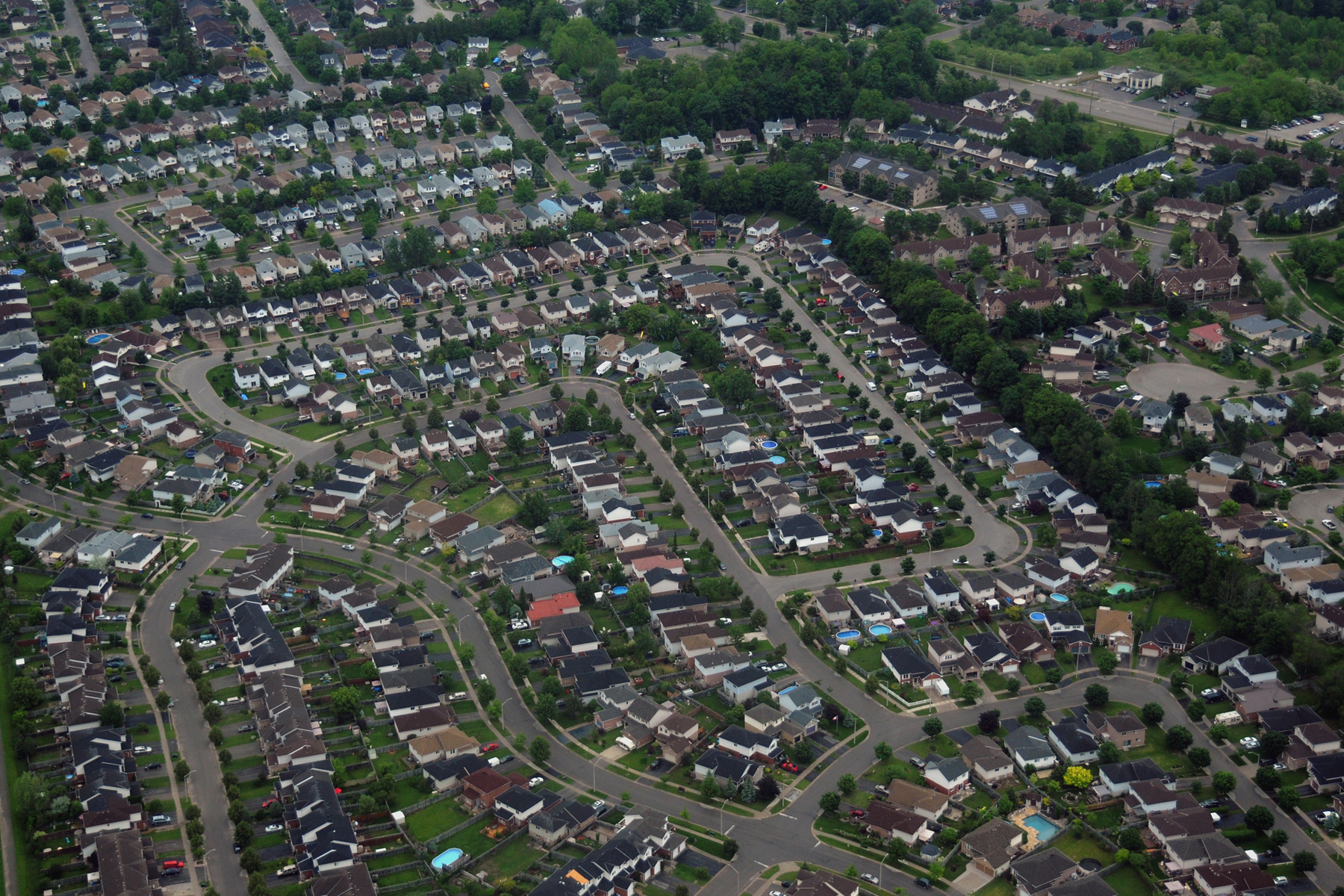‘A bleak, high-tax future’: The hidden cost of sprawl development

From the Toronto Star Nov 27, 2022.
Contributor Simon Woodside
photo by David Hawke
“Ford raises property taxes.”
This is not exactly a headline you would expect to see written about Ontario’s buck-a-beer premier. By his own words, Doug Ford is all about cutting costs, taxes and red tape. He promised to reduce income taxes in both the 2018 and 2022 provincial elections. After all, that’s the standard conservative playbook.
But increased taxes are the inevitable result of Ford’s Bill 23. In case you missed it, Ford used the period of change right after the October municipal election to dramatically facilitate sprawl development. To begin with, the bill cuts the charges paid by developers to cities to cover the cost of useful things like clean water. Ford is cutting the fees so deeply that mayors and councils are issuing dire warnings of shortfalls and tax increases. Markham says they could have to raise taxes by 80 per cent.
It will get worse in the future — much worse — because sprawl is a net loser when it comes to tax dollars. The city gets a quick hit of money from the development charges (now reduced), but it’s all downhill from there. Every new development involves a lot of pipes, power lines, roads and other infrastructure. The developers build the infrastructure and then “give” it to the city, handing off responsibility. Eventually the roads and pipes start to decay, and after 20-25 years or so need to be rebuilt. You may have noticed that we are a bit behind on fixing our infrastructure in this province already.
In a sane world, what happens is that the people who own the property pay taxes, and those taxes pay for the repairs. That’s what happens downtown and in the denser parts of cities where taxes are a net positive, more than covering repairs — with a surplus for other important items like libraries, parks, snow clearance and so on. But in a sprawl, the houses are so far apart, the shops so spread out, the roads so wide, that the taxes don’t cover the upkeep. Taxes are lower than costs.
What happens when the property taxes can’t cover the costs? Then they must go up, and so they inevitably do. And since taxes are citywide, that means that people in compact neighbourhoods will have to pay more, even though they don’t gain any of the (dubious) benefits of living in sprawl. This process is well-documented by the Strong Towns movement and author Chuck Marohn.
……Read the whole article here









Leave a Reply